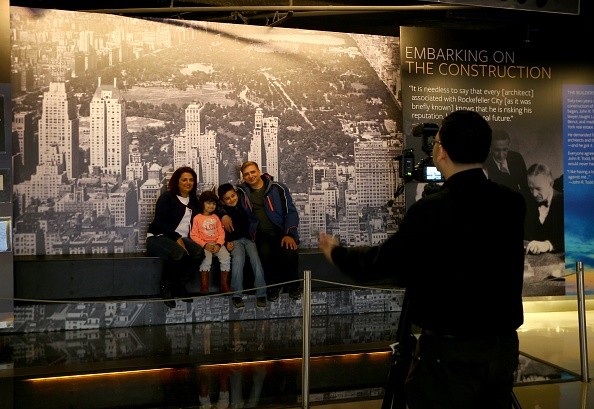Instead of spending their money for a ‘shopping spree’ abroad, many Chinese tourists are now choosing to experience exotic culture and services.
According to the Global Times, tracing natural attractions and wildlife have become popular among Chinese tourists.
“Chinese tourists are getting more willing to experience local culture and characteristic services, including staying in private homes, watching monkeys in hot springs, and appreciating bonsai,” said Li Xuejing, marketing manager of a tourism agency in Tokyo.
Meng Fanhai, owner of the said tourism agency, revealed that they arranged more than 200 cases of physical checkups and medical treatments in 2016, up 50 percent from 2015, accounting for about one-third of his agency’s total tourists.
In Kenya, for example, more and more Chinese tourists are visiting there to experience biodiversity. Nearly 90 percent of tourists in Kenya’s Masai Mara National Reserve came from China to watch the great migration.
One Chinese tourist went to the Philippines to take a diving exam and gain the certificate. Some went to a spa to get a massage and other special services.
China has become the most valuable tourists for Britain. An average increase of 22 Chinese tourists creates one new post for British tourist industry, added the author.
Britain’s rich history, famous education tradition, museums, and others are some of the famous attractions for ordinary Chinese, along with the devaluation of pound.
Chinese travelers are the world’s biggest spenders since 2012. They’ve spent $165 billion abroad in 2014, said Forbes.
Other nations included in the list of Top 10 spenders abroad were Germany, United Kingdom, Russia, France, Canada, Italy, Australia and Brazil.
Last year, Yibada reported that the number of Chinese individuals having 1 million yuan ($151,700) to 5 million yuan worth of investable assets is estimated to reach 12.3 million this year, up from 11.16 million last year.
We all know how hardworking Chinese people are, but despite their busy schedule, they take time to travel and would often allot longer days for holidays.



























